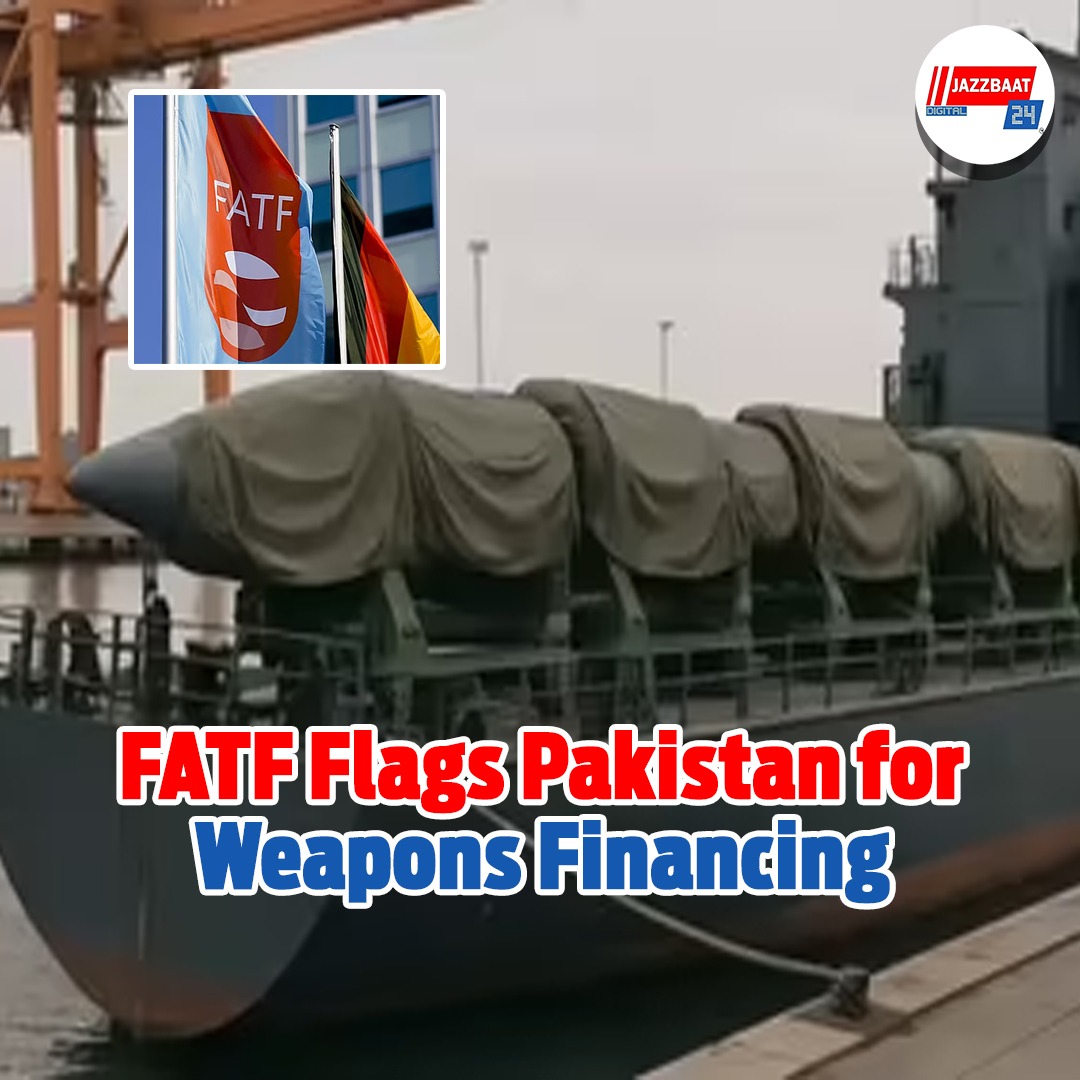
New Delhi, June 22, 2025:
The Financial Action Task Force (FATF) has identified a serious case of proliferation financing involving Pakistan's covert acquisition of missile technology, a development that could seriously harm Pakistan's reputation abroad.
In its most recent report, the international watchdog expressed concern about Pakistan's persistent efforts to evade international procedures by importing restricted military grade components through illegal civilian trade channels. A 2020 shipment from China to Pakistan that was fraudulently reported as industrial equipment is at the heart of the case, according to the FATF. Investigation revealed that the shipment contained missile system components.
The National Development Complex in Pakistan, a facility renowned for creating ballistic missile systems, was purportedly the destination of these materials. FATF pointed out that this attempted transfer is a clear breach of international efforts to stop the financing and proliferation of WMDs.
A different incident that year, in which Indian authorities intercepted a container at Gujarat's Kandla Port, was also mentioned in the report. Dual use items, equipment that can be used for both military and civilian purposes were discovered inside the container, which was headed for Karachi from China. The FATF claimed that the fraudulent documentation used to conceal the cargo showed a "pattern of deceptive behavior."
FATF cautioned that Pakistan's failure to adhere to international standards regarding the financing of proliferation was not a singular incident, but rather a part of a larger pattern that mirrored the history of the notorious AQ Khan network, which enabled the transfer of nuclear technology to rogue nations. India praised the FATF's stance in response to the findings, with officials stating that it confirmed long standing worries.
A senior Indian government official stated, "This is not the first time Pakistan has been caught trying to disguise military imports as civilian cargo." "Based on FATF's findings, we are putting together a new dossier to support Pakistan's relisting on FATF's grey list."
Elisa de Anda Madrazo, the president of the FATF, also emphasized the necessity of international cooperation. "Proliferation financing cannot be addressed by a single jurisdiction. It necessitates alertness, collaboration, and openness," she stated at a press conference in Paris. Islamabad's access to foreign financial institutions, loans, and investments may be in jeopardy if the FATF downgrades Pakistan once more.
At a time when Pakistan is already facing financial difficulties, analysts predict that this increased scrutiny could significantly strain its diplomatic and economic aspirations. The report conveys a clear message from the FATF: strategic deception will not be tolerated in the fight against the international proliferation of dangerous weapons, even when it is disguised as trade.